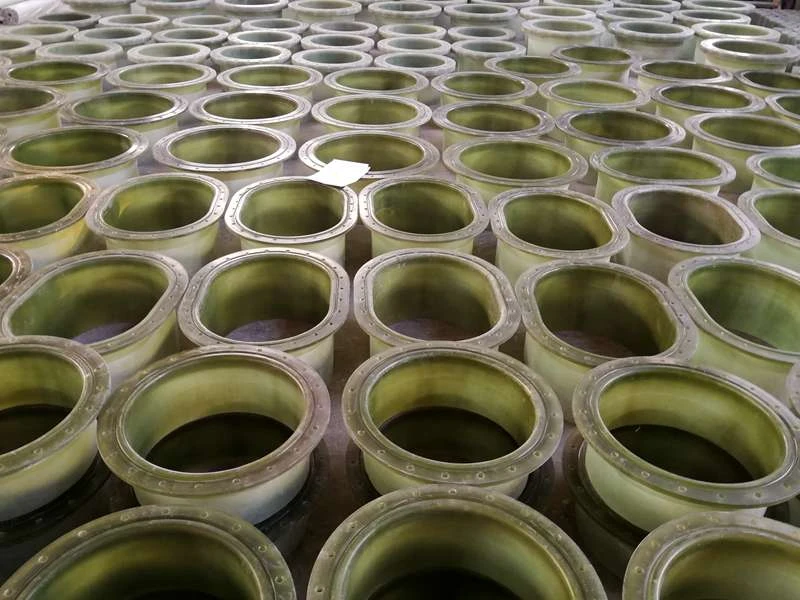
-
 Afrikaans
Afrikaans -
 Albanian
Albanian -
 Amharic
Amharic -
 Arabic
Arabic -
 Armenian
Armenian -
 Azerbaijani
Azerbaijani -
 Basque
Basque -
 Belarusian
Belarusian -
 Bengali
Bengali -
 Bosnian
Bosnian -
 Bulgarian
Bulgarian -
 Catalan
Catalan -
 Cebuano
Cebuano -
 China
China -
 China (Taiwan)
China (Taiwan) -
 Corsican
Corsican -
 Croatian
Croatian -
 Czech
Czech -
 Danish
Danish -
 Dutch
Dutch -
 English
English -
 Esperanto
Esperanto -
 Estonian
Estonian -
 Finnish
Finnish -
 French
French -
 Frisian
Frisian -
 Galician
Galician -
 Georgian
Georgian -
 German
German -
 Greek
Greek -
 Gujarati
Gujarati -
 Haitian Creole
Haitian Creole -
 hausa
hausa -
 hawaiian
hawaiian -
 Hebrew
Hebrew -
 Hindi
Hindi -
 Miao
Miao -
 Hungarian
Hungarian -
 Icelandic
Icelandic -
 igbo
igbo -
 Indonesian
Indonesian -
 irish
irish -
 Italian
Italian -
 Japanese
Japanese -
 Javanese
Javanese -
 Kannada
Kannada -
 kazakh
kazakh -
 Khmer
Khmer -
 Rwandese
Rwandese -
 Korean
Korean -
 Kurdish
Kurdish -
 Kyrgyz
Kyrgyz -
 Lao
Lao -
 Latin
Latin -
 Latvian
Latvian -
 Lithuanian
Lithuanian -
 Luxembourgish
Luxembourgish -
 Macedonian
Macedonian -
 Malgashi
Malgashi -
 Malay
Malay -
 Malayalam
Malayalam -
 Maltese
Maltese -
 Maori
Maori -
 Marathi
Marathi -
 Mongolian
Mongolian -
 Myanmar
Myanmar -
 Nepali
Nepali -
 Norwegian
Norwegian -
 Norwegian
Norwegian -
 Occitan
Occitan -
 Pashto
Pashto -
 Persian
Persian -
 Polish
Polish -
 Portuguese
Portuguese -
 Punjabi
Punjabi -
 Romanian
Romanian -
 Russian
Russian -
 Samoan
Samoan -
 Scottish Gaelic
Scottish Gaelic -
 Serbian
Serbian -
 Sesotho
Sesotho -
 Shona
Shona -
 Sindhi
Sindhi -
 Sinhala
Sinhala -
 Slovak
Slovak -
 Slovenian
Slovenian -
 Somali
Somali -
 Spanish
Spanish -
 Sundanese
Sundanese -
 Swahili
Swahili -
 Swedish
Swedish -
 Tagalog
Tagalog -
 Tajik
Tajik -
 Tamil
Tamil -
 Tatar
Tatar -
 Telugu
Telugu -
 Thai
Thai -
 Turkish
Turkish -
 Turkmen
Turkmen -
 Ukrainian
Ukrainian -
 Urdu
Urdu -
 Uighur
Uighur -
 Uzbek
Uzbek -
 Vietnamese
Vietnamese -
 Welsh
Welsh -
 Bantu
Bantu -
 Yiddish
Yiddish -
 Yoruba
Yoruba -
 Zulu
Zulu
High-Quality Fiber Water Tanks | Durable & Efficient Water Storage Solutions
The Importance of Fiber Water Tanks in Modern Water Management
In the pursuit of sustainable water management solutions, fiber water tanks have become increasingly popular due to their superior durability, lightweight properties, and ability to resist corrosion. Unlike traditional water storage options such as concrete or metal, fiber water tanks offer numerous advantages that make them ideal for both residential and industrial applications.
Fiber water tanks, typically made from fiberglass reinforced plastic (FRP), provide a strong and resilient alternative to conventional storage solutions. One of the primary benefits of these tanks is their resistance to environmental factors, such as UV radiation, temperature fluctuations, and chemical exposure. This makes them particularly suitable for locations subject to extreme weather conditions or those that require storage for corrosive substances.
Furthermore, the lightweight nature of fiber water tanks simplifies transportation and installation. Unlike heavy concrete tanks, fiber tanks can be easily handled and installed without the need for heavy machinery, significantly reducing labor costs and construction time. This convenience is particularly advantageous for remote or challenging terrains where traditional tanks would be impractical.
Another important aspect of fiber water tanks is their design flexibility. They can be manufactured in various shapes and sizes to meet specific needs and space constraints. This adaptability allows for custom solutions tailored to individual requirements, whether for agricultural irrigation, potable water storage, or industrial processes.
fiber water tank

In addition to their practical benefits, fiber water tanks also contribute to environmental sustainability. With growing concerns about water scarcity and the need for efficient water management practices, these tanks play a critical role in conservation efforts. Their long lifespan reduces the need for frequent replacements, minimizing waste and the carbon footprint associated with manufacturing and transporting traditional tanks.
Moreover, fiber water tanks are often equipped with advanced technology that enhances their functionality. Many modern tanks come with built-in sensing devices that monitor water levels and quality, facilitating smarter management practices. These features enable users to optimize water usage, detect leaks early, and ensure safe drinking water for communities.
When it comes to maintenance, fiber water tanks outperform many of their counterparts. They are less prone to algae growth and require minimal upkeep, which translates to lower long-term operational costs. Users can enjoy peace of mind knowing that their water storage solution is both efficient and low-maintenance.
As the world grapples with increasing water demands and climate change challenges, the implementation of innovative solutions like fiber water tanks becomes more urgent than ever. By embracing this modern technology, communities can ensure reliable water supplies while simultaneously promoting sustainability.
In conclusion, fiber water tanks represent a significant advancement in water storage technology, offering numerous benefits that traditional solutions cannot compete with. Their strength, durability, and environmental advantages make them an excellent choice for a variety of applications. As we move forward into a future where water scarcity may become a pressing concern, investing in fiber water tanks is not only practical but imperative for ensuring sustainable water management.









